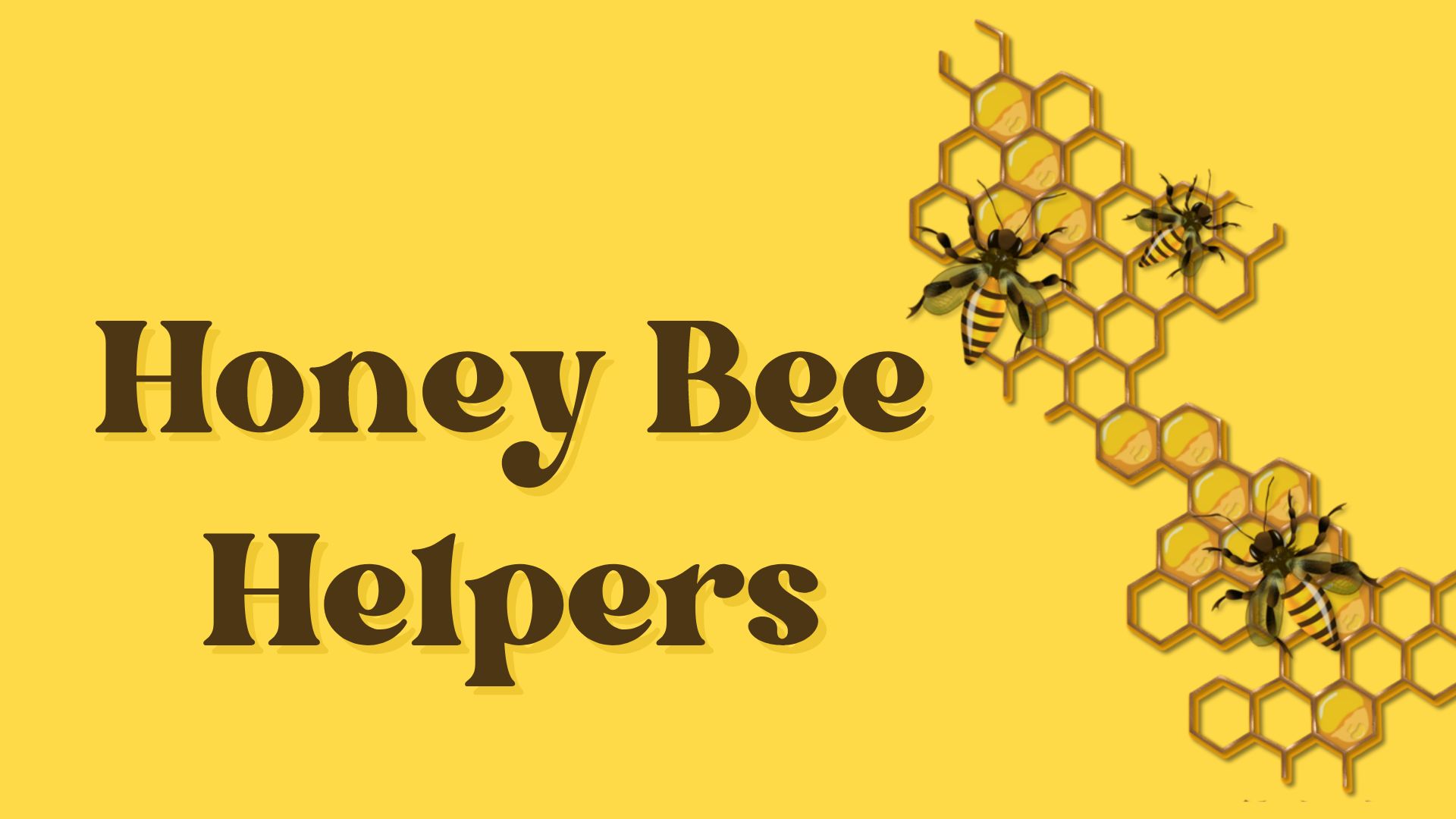There are probably around 100 million honey beehives in the world now. Perhaps 2 trillion honeybees are buzzing about. But the bee population has been declining over the years at an alarming rate and we all should be concerned with the plight of the bee.
Many people don’t realize the tremendous importance of honeybees, not only in the farming industry, but in nature generally. Crop pollination is crucial for crop survival and, thus, feeding the world population, and the food economy.
Seventy-one of the one hundred crop species providing most of the global food supply depend on bee pollination. The value of the US food crops that depend on pollination by bees is estimated at $16 billion. Combining these with crops pollinated by other insects, the number jumps to $29 billion.
Bee pollination is very important in the following crops: almond, allspice, apple, apricot, avocado, blackberry, blueberry, buckwheat, cashew, cardamom, coriander, cucumber, durian, feijoa, fennel, loquat, mango, naranjillo, peach, pear, plum, raspberry, rose hips, starfruit, sweet and sour cherries, and turnip.
As they fly between plants collecting nectar, they leave behind pollen, helping the plants germinate.
This pollination by honeybees helps produce many of the foods we eat daily. And not only humans, but many wild animals also need the nuts, berries, and seeds that the bees pollinate.
Honeybees also help trees and flowers grow. These plants provide shelter and food for many other animals on this planet, large and small.
Honeybees take the nectar they withdraw from plants back to their hives. Using their saliva, bees create honey from the nectar. The bee is the only animal on earth that can produce honey.
Honey is used to create many products, such as candles, skincare preparations, bee pollen, and bee wax. Honeybees help create millions of pounds of honey annually.
Why is honey so important? Honey may have enormous health benefits. It is believed to help prevent heart disease, diabetes, and stomach digestion issues. Honey also may destroy bacteria and heal wounds. The antibacterial qualities of honey were recognized by the ancient Egyptians for wound care.
In the U.S. many thousands of people are employed as beekeepers, or making products derived from honey. Many backyard beekeepers are harvesting bees and helping the environment immensely.
If you want to help the honeybees, you can plant a pollinator-friendly garden designed to maximize blooming for most of the year. In urban areas, porch and window planters can provide important food sources for bees.
Honeybees can swarm from their hive when it becomes overcrowded, or unsustainable for any reason. The scout bees will search for a new location with plenty of nectar available. Each scout bee returns to the hive and demonstrates the worth of their chosen location by doing a “waggle dance”. The other bees judge the worth of the new location by the quality of the dance. When 80% of the hive agrees on a location the hive will relocate.
Generally, honeybees are docile during this swarming period. Despite its threatening look a swarm is gorged on honey and remains in a fairly docile state. If you see a large ball of bees in a tree or on a wall, this is NOT their new nesting spot. It is just a resting spot on their way to a hollow tree or other cavity that meets their needs.
Avoid the swarm, it may move on. Please do not harm or interfere with it. If the swarm is a problem, request assistance from Montgomery County Beekeepers. They have a group of beekeeper-volunteers who are happy to relocate your unwanted bee swarm without harming them. However, to be considerate of their time and effort, please do not request their help if you have notified anyone else about removing the bees.

